Κείμενο
Τη δεκαετία του ‘90 που ξεκίνησα να πηγαίνω με την παρέα μου σε ταβέρνες, τα ονόματα των φαγητών είναι τα αναμενόμενα: τζατζίκι, πατάτες, χωριάτικη, μπριζόλα και τα λοιπά. Μετά από 5-10 χρόνια παρατήρησα ότι στα πιο μοντέρνα εστιατόρια τα ονόματα των ίδιων παραδοσιακών φαγητών που σέρβιραν είχαν αλλάξει. Είχαν γίνει πιο περιγραφικά. Οι τηγανιτές πατάτες είχαν μετονομαστεί σε “τραγανές πατατούλες Νάξου με αγνό παρθένο ελαιόλαδο Μάνης”, το κρέας είχε αποκτήσει πιο εξωτικές περιγραφές όπως, “Ελληνικό βοδινό φιλέτο από τη Στάνη του κυρ Δημήτρη στα Άγραφα σιγοψημένο σε χαμηλή φωτιά” και άλλα τέτοια παράξενα. Φαντάζομαι ότι όσοι τρώτε σε ταβέρνες και εστιατόρια και διαβάζετε τους καταλόγους από τη δεκαετία του ‘80 και του ‘90 μέχρι σήμερα είμαι σίγουρος ότι θα έχετε παρατηρήσει αυτή την αλλαγή. Γιατί τι έγινε; Μπορεί αυτό να βοηθήσει εμάς; Είναι απλά ένα τρικ του μάρκετινγκ το οποίο είναι μία κοροϊδία που δεν έχει νόημα; Πριν μπείτε στη διαδικασία να το αξιολογήσετε θετικά ή αρνητικά πρέπει να ξέρετε ότι υπάρχουν επιστήμονες που μπήκαν στη διαδικασία να το κάνουν αυτό πριν από σας. Αυτό λοιπόν που παρατήρησαν ήταν ότι όταν το ονόματα στον κατάλογο με τα φαγητά ήταν πιο περιγραφικά, οι πελάτες έβρισκαν το φαγητό πιο ευχάριστο στο να το κοιτούν, τους φαινόταν δηλαδή αισθητικά πιο όμορφο, θεώρησαν ότι ήταν πολύ πιο νόστιμο, και ότι είχε περισσότερες θερμίδες. Μιλάμε δηλαδή για πελάτες που δοκίμασαν ακριβώς το ίδιο φαγητό και η εμπειρία που περιγράφουν μετά από αυτό ήταν τελείως διαφορετική, μόνο και μόνο επειδή το φαγητό είχε ένα περιγραφικό όνομα. Επίσης, σημείωσαν ότι ήταν πιο ικανοποιημένοι, αφού το έφαγαν και ένιωσαν πιο χορτασμένοι. Άρα είναι ξεκάθαρο ότι το πώς περιγράφεις και το πώς ονομάζεις ένα φαγητό παίζει πάρα πολύ μεγάλη σημασία για την εμπειρία της κατανάλωσης του. Αυτό είναι ξεκάθαρο και επιστημονικά τεκμηριωμένο. Δεν είναι τρικ του μάρκετινγκ. Ή αν θέλετε είναι ένα τρικ του μάρκετινγκ το οποίο είναι πάρα πολύ επιτυχημένο γιατί κάνει αυτό ακριβώς το

οποίο φτιάχτηκε να κάνει. Αλλά μπορεί να είναι αυτό χρήσιμο για μας; Πώς μπορούμε εμείς να το χρησιμοποιήσουμε υπέρ μας; Αυτό που μπορούμε να κάνουμε είναι να ονομάσουμε τα υγιεινά φαγητά που σερβίρουμε στα παιδιά μας περιγραφικά και να προσπαθήσουμε να δώσουμε βάθος στον τρόπο παραγωγής τους και στην προετοιμασία τους. Σε καμία περίπτωση δεν είναι ανάγκη να πούμε: “ελάτε παιδιά, σας έχω ετοιμάσει τραγανά φασολάκια από το μποστάνι του κυρ-κώστα”. Αλλά μπορούμε να μπούμε στον κόπο να διαλέξουμε τροφές που ξέρουμε λίγα παραπάνω πράγματα για το πού και πώς έφτασαν στα χέρια μας και να αφιερώσουμε λίγο παραπάνω μέρα και στην παρασκευή των τροφών από αυτά και να μοιραστούμε όλες αυτές τις λεπτομέρειες με τα παιδιά μας. Για παράδειγμα, μπορείτε να πάρετε όστρια από τον Φενεό και να πείτε στην οικογένειά σας ότι αυτά τα όσπρια είναι από τον Φενεό, που θεωρείται ότι είναι από τα καλύτερα όσπρια της περιοχής. Όσοι φάνε αυτά τα όσπρια θα τα θεωρήσουν πιο νόστιμα. Γιατί είναι από τον Φενεό! Επίσης, μπορείτε συχνά να αναφέρετε τον τρόπο και το μεράκι που βάλατε για να φτιάξετε ένα φαγητό. Δεν είναι ανάγκη να είναι μάθημα. Μπορεί απλά να είναι μία αναφορά. Ας πούμε, “τα ρεβίθια τα έχω ξεβγάλει τρεις φορές για να γίνουν πιο νόστιμα!”. Αυτό και μόνο θα κάνει αυτούς που τα φάνε να τα θεωρήσουν πιο νόστιμα. Μπήκε μεράκι στην παρασκευή τους! Θα είναι πιο νόστιμα! Έχει και το 3 μία ιδιαίτερη δύναμη! Μην υποτιμάτε τη δύναμη του λόγου. Ο Ίρβιν Γιάλομ, ο διάσημος ψυχοθεραπευτής και ψυχίατρος, έχει δηλώσει ότι τα λόγια έχουν δύναμη. Το μάρκετινγκ το έχει πάρει χαμπάρι. Ήρθε η σειρά μας! Ευχαριστώ πολύ!

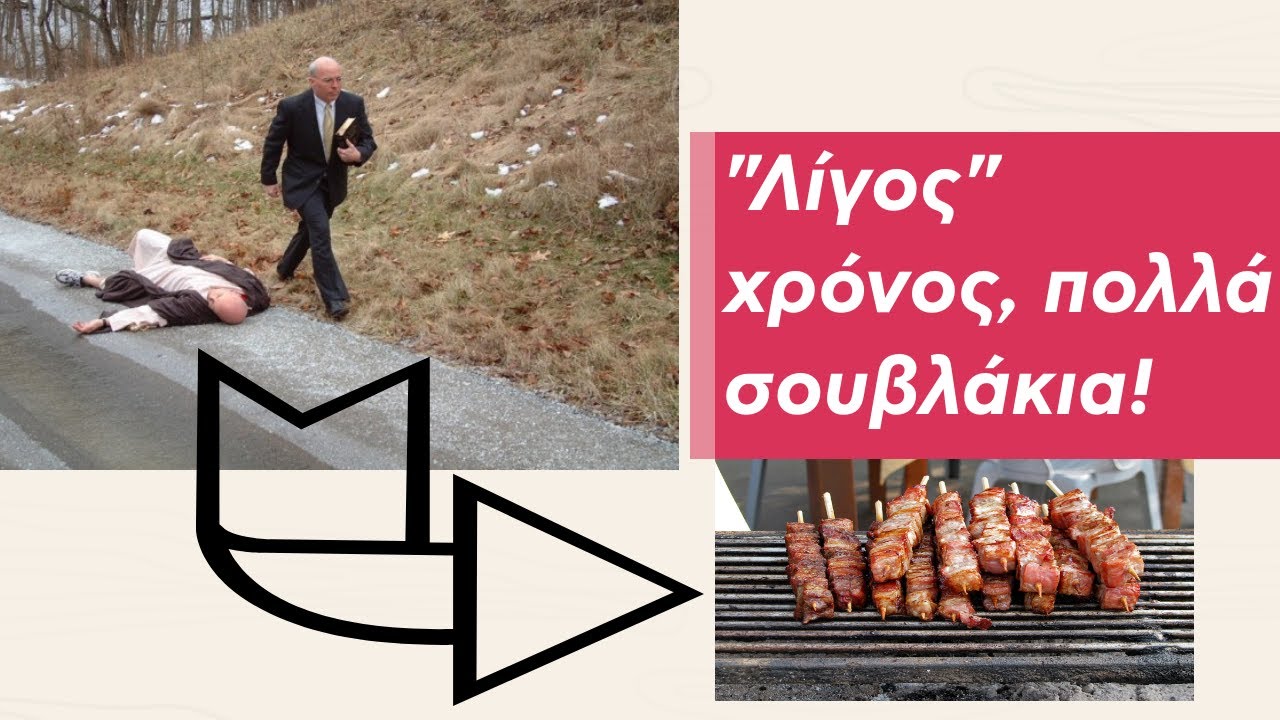
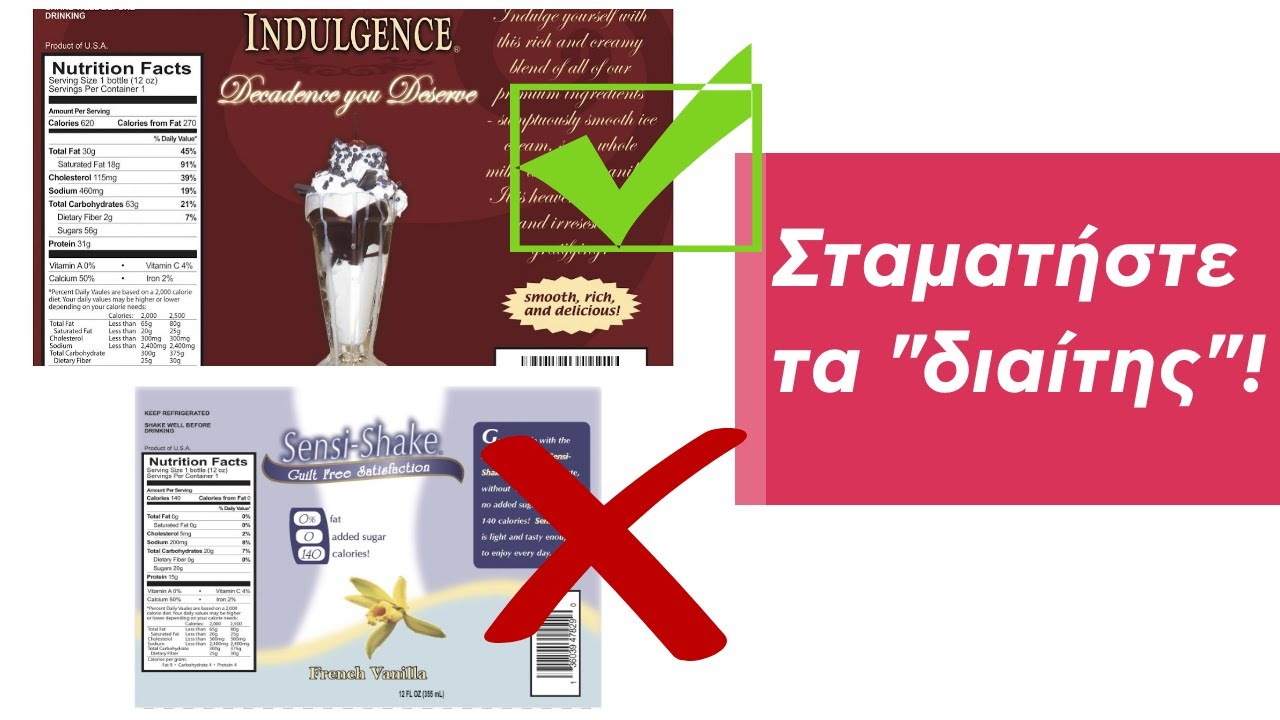
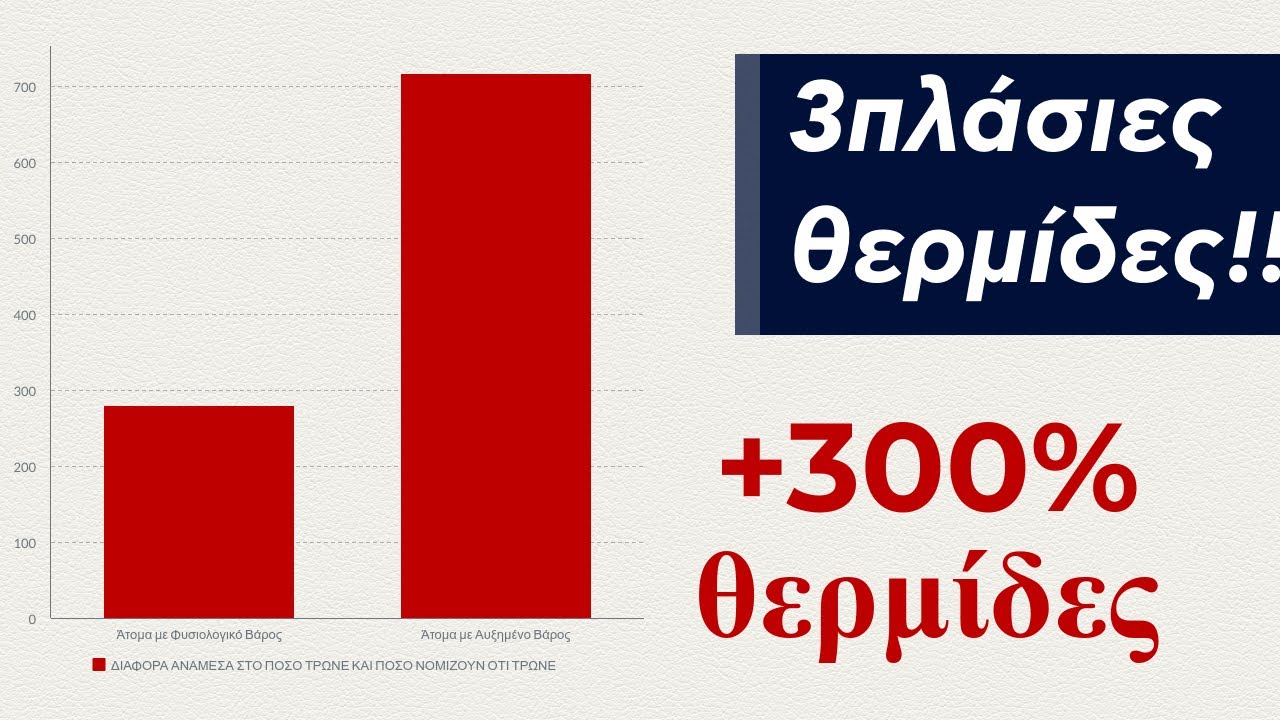
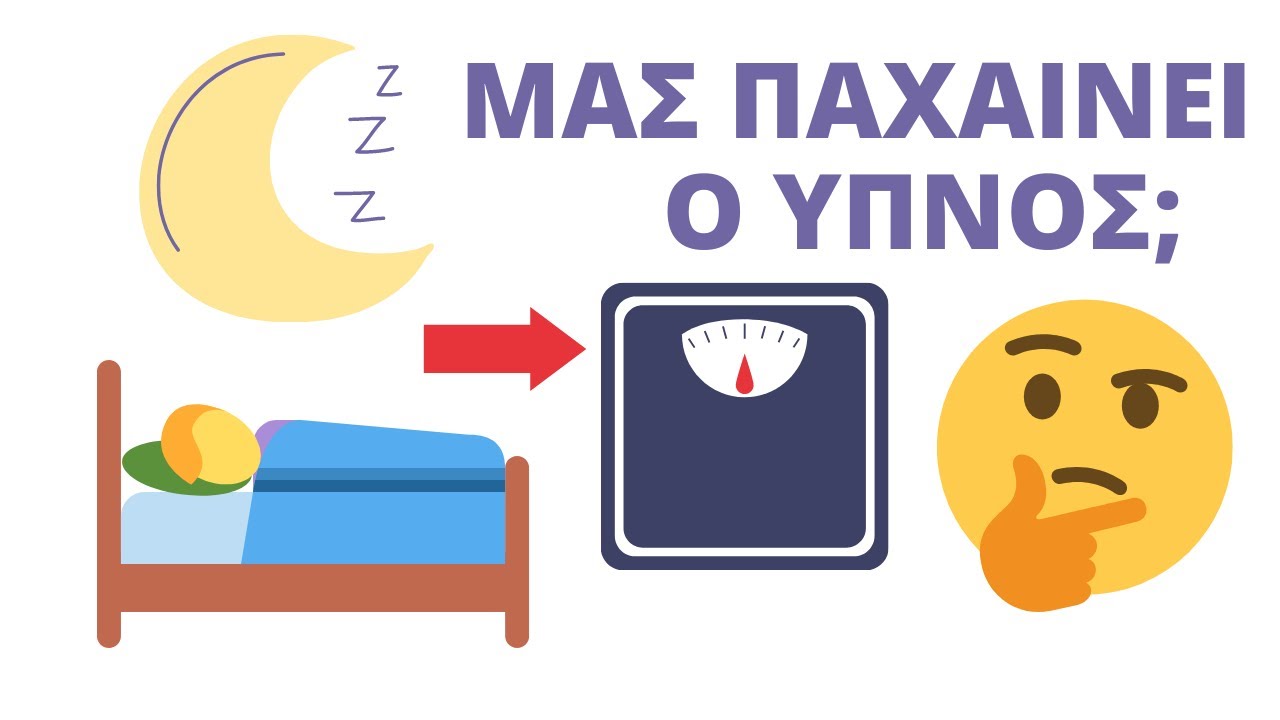

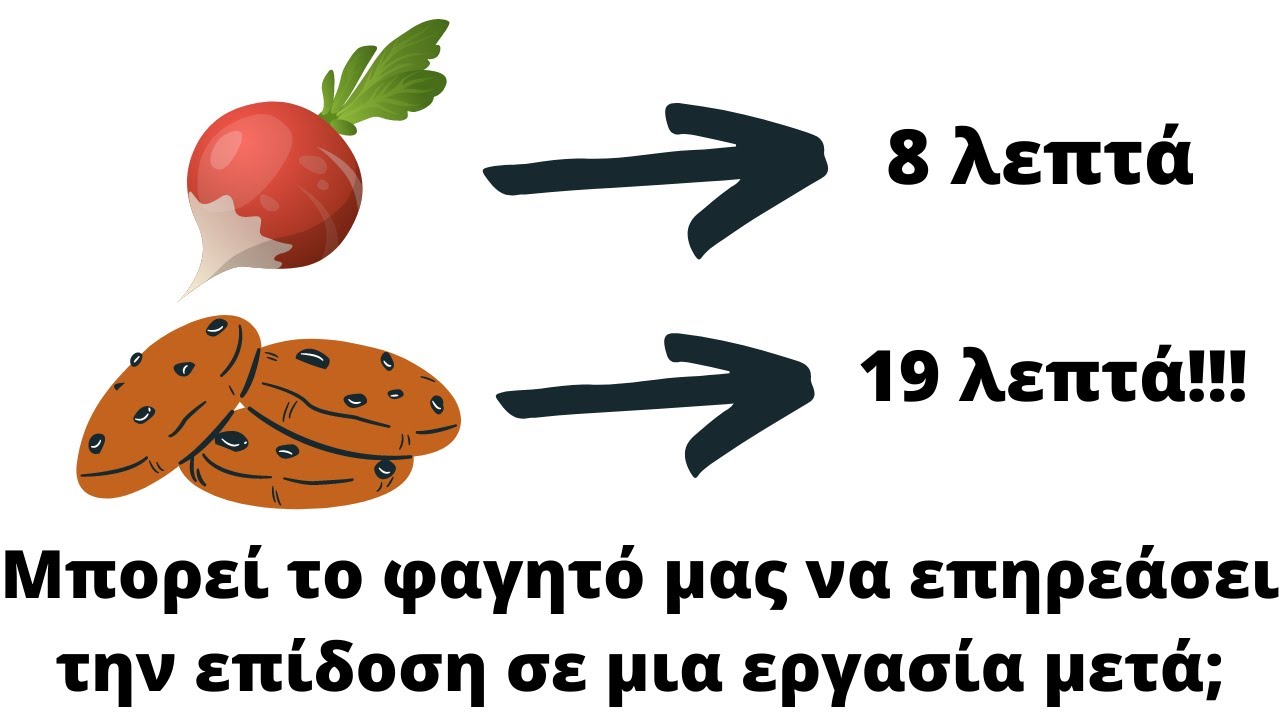

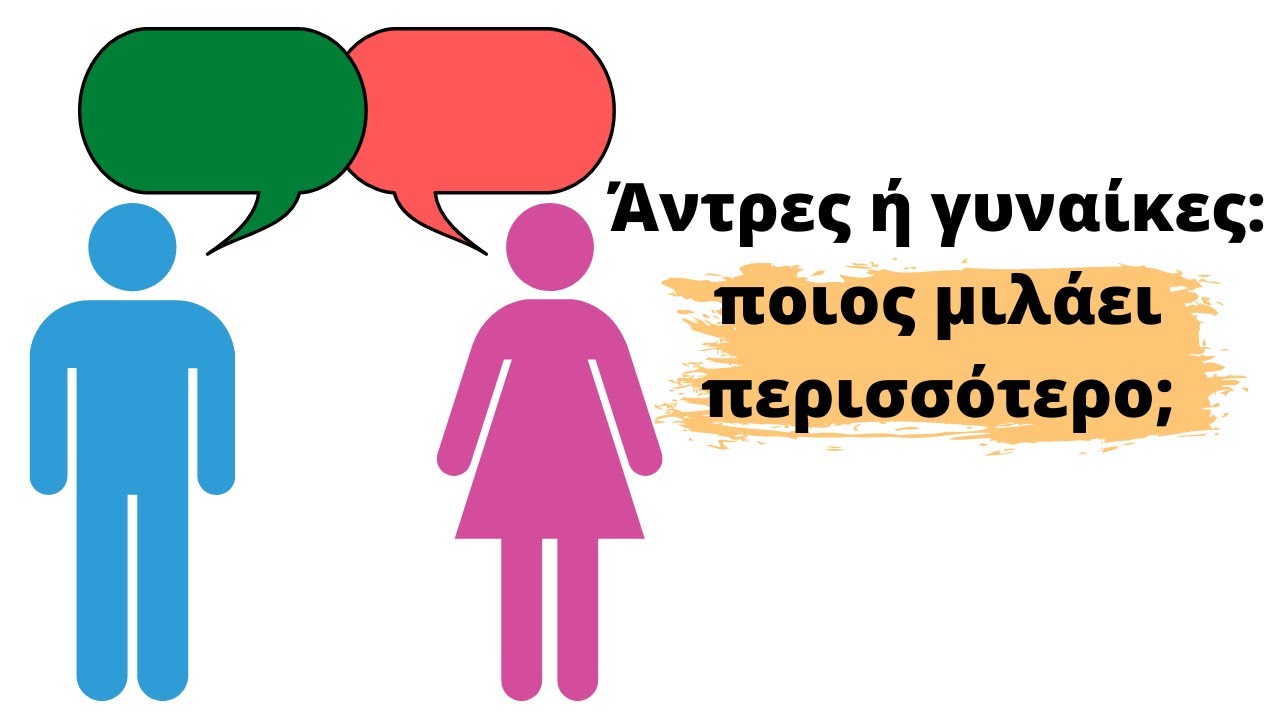

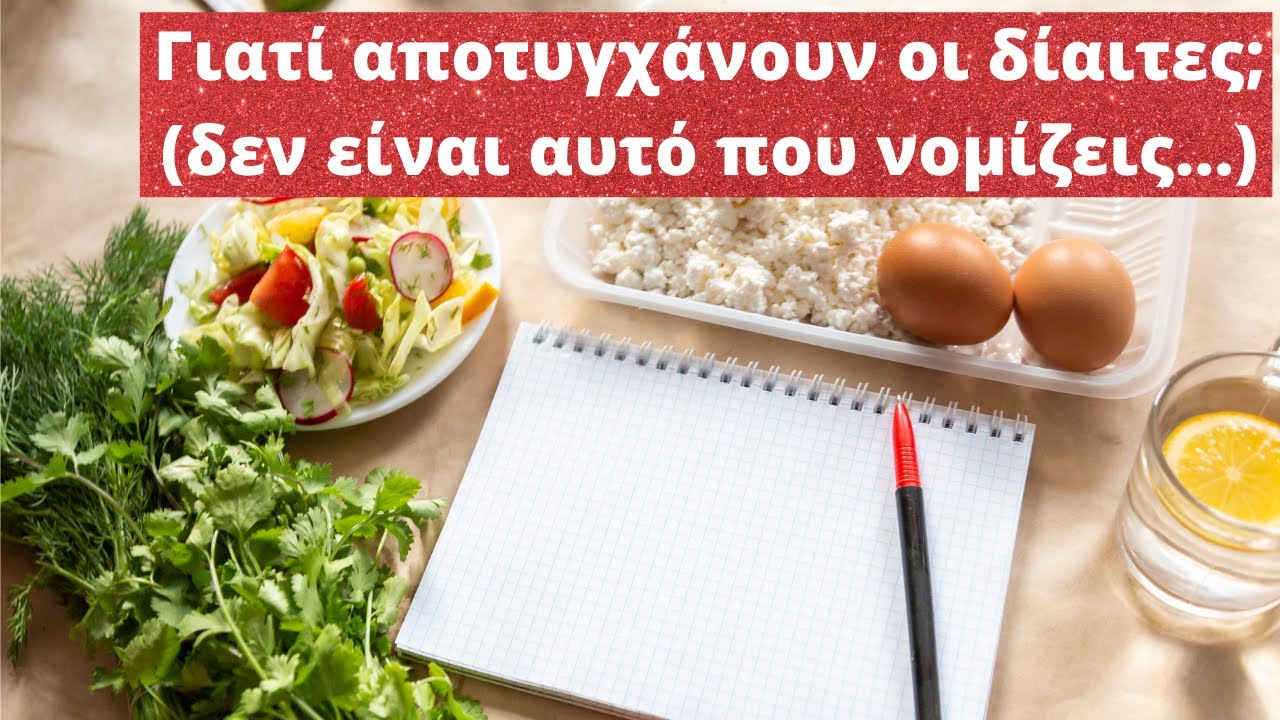

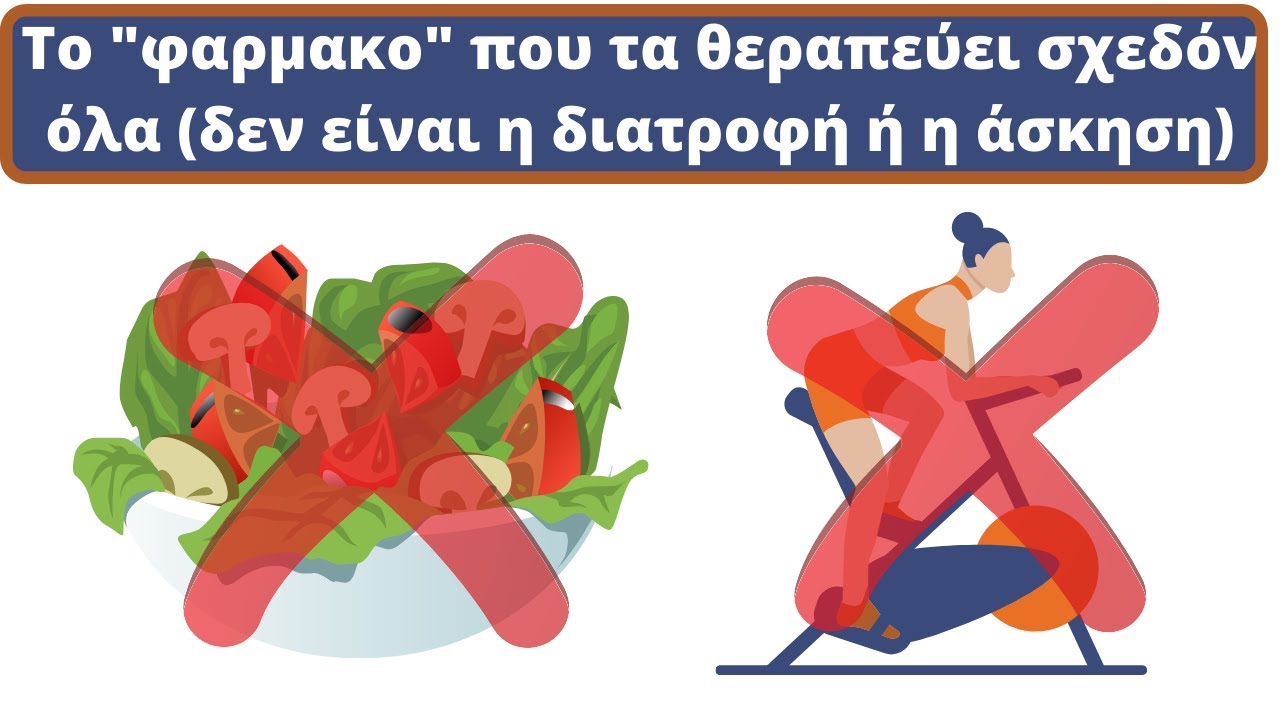
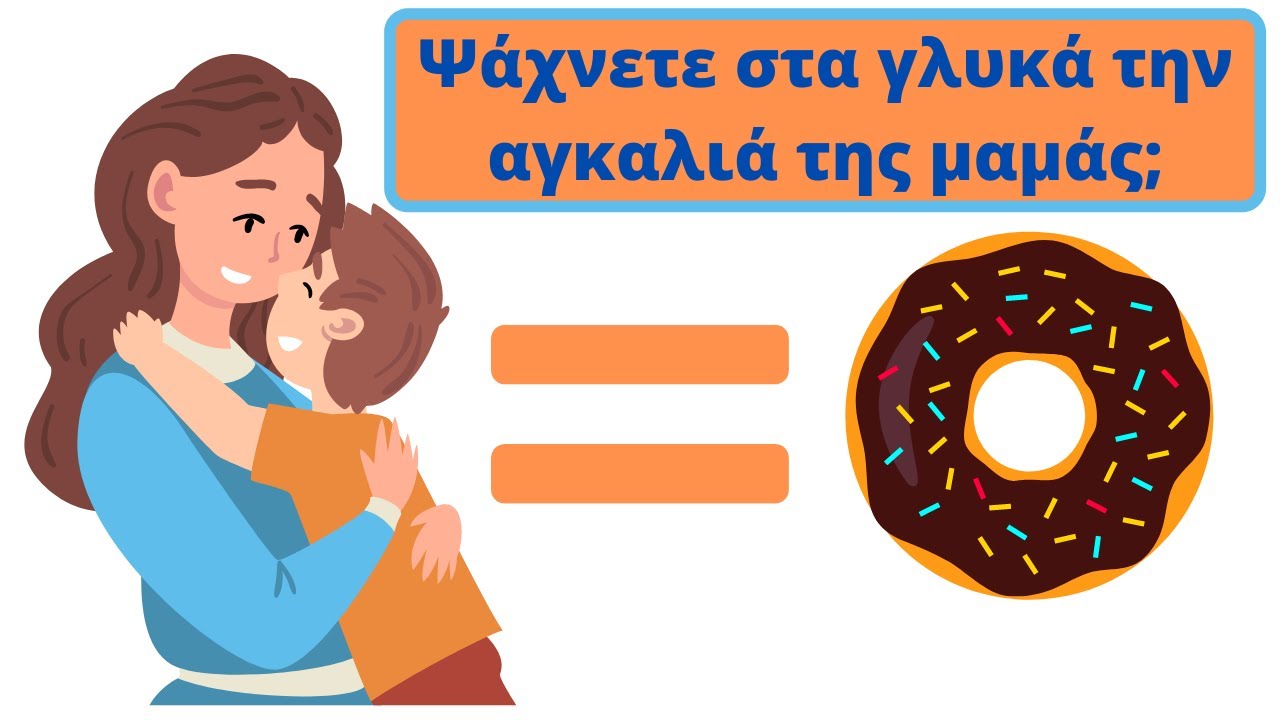
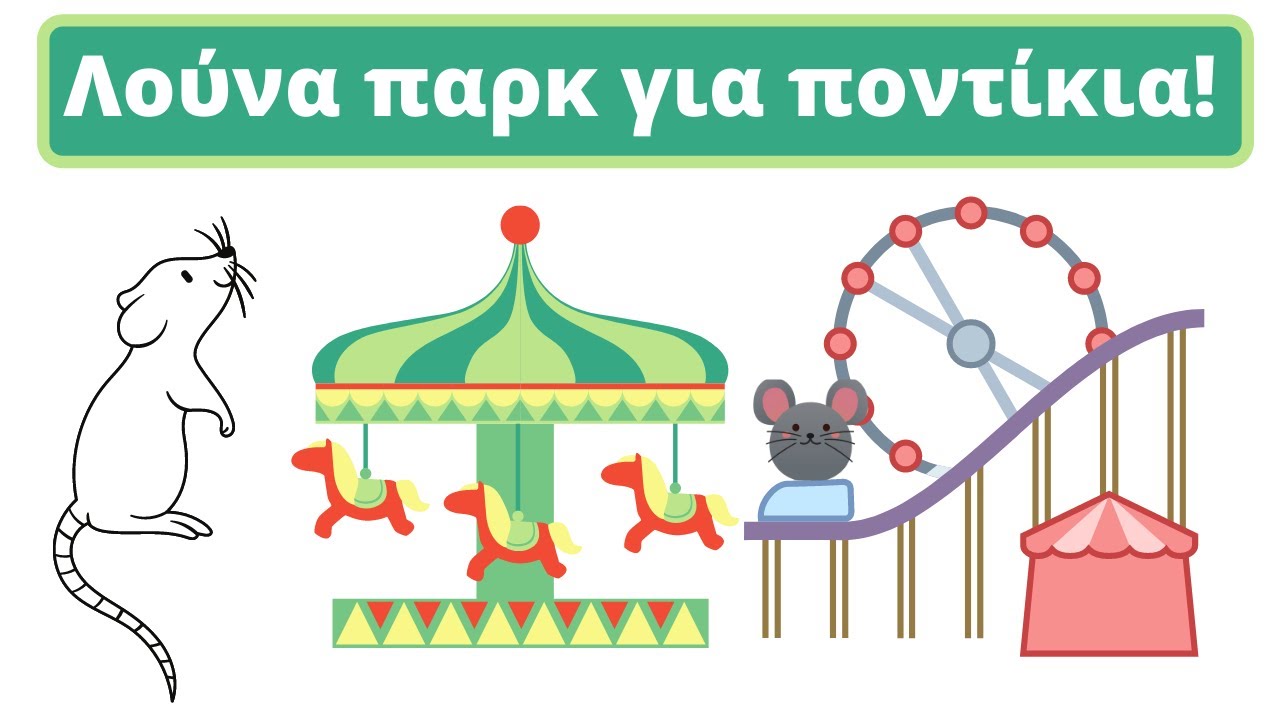
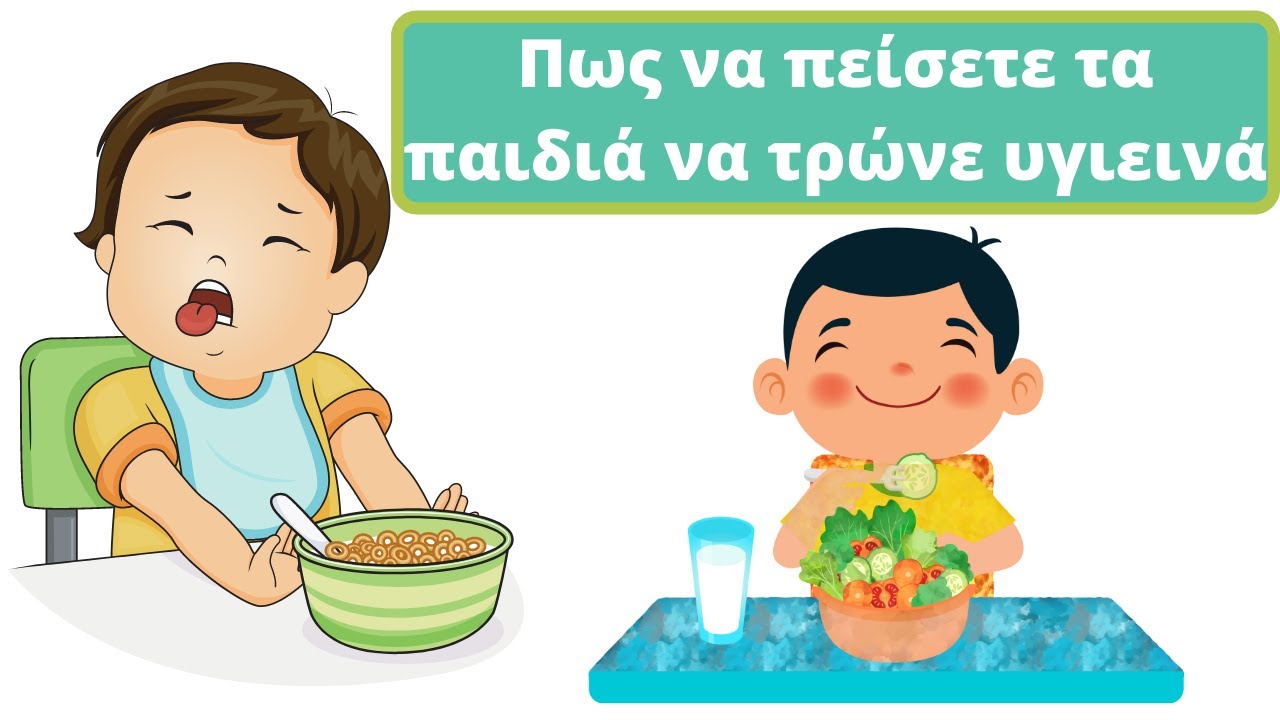
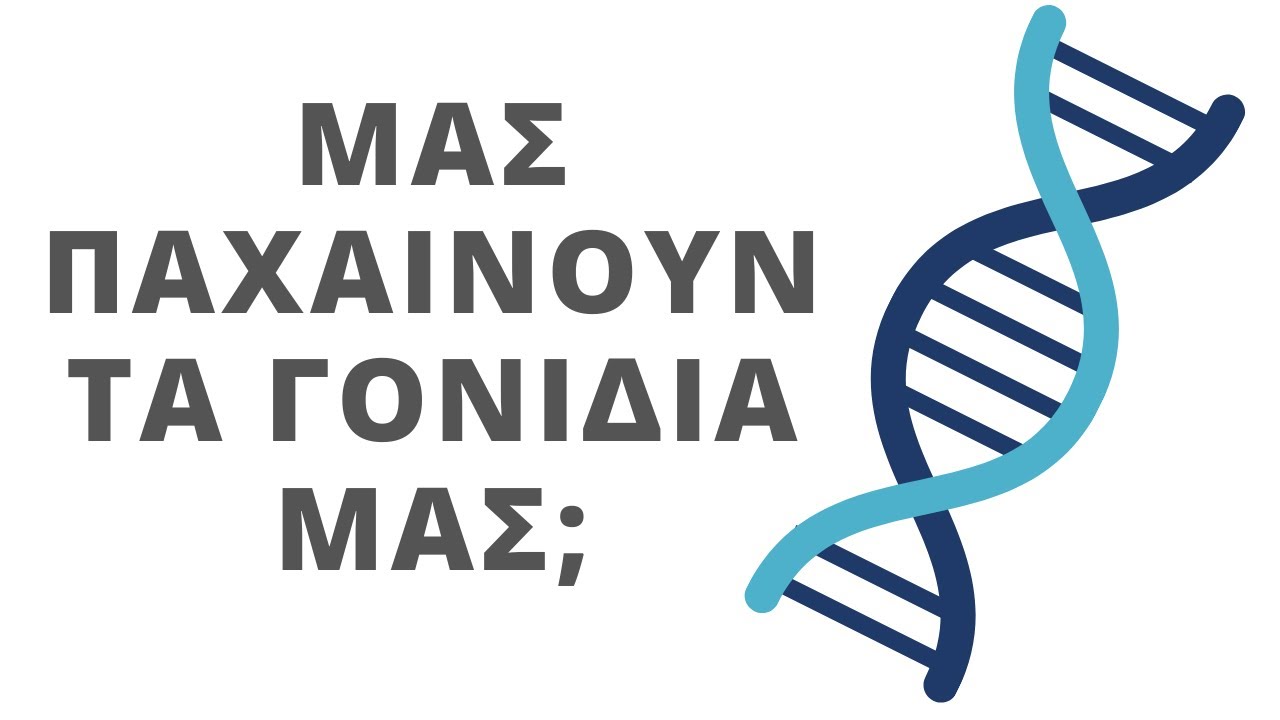
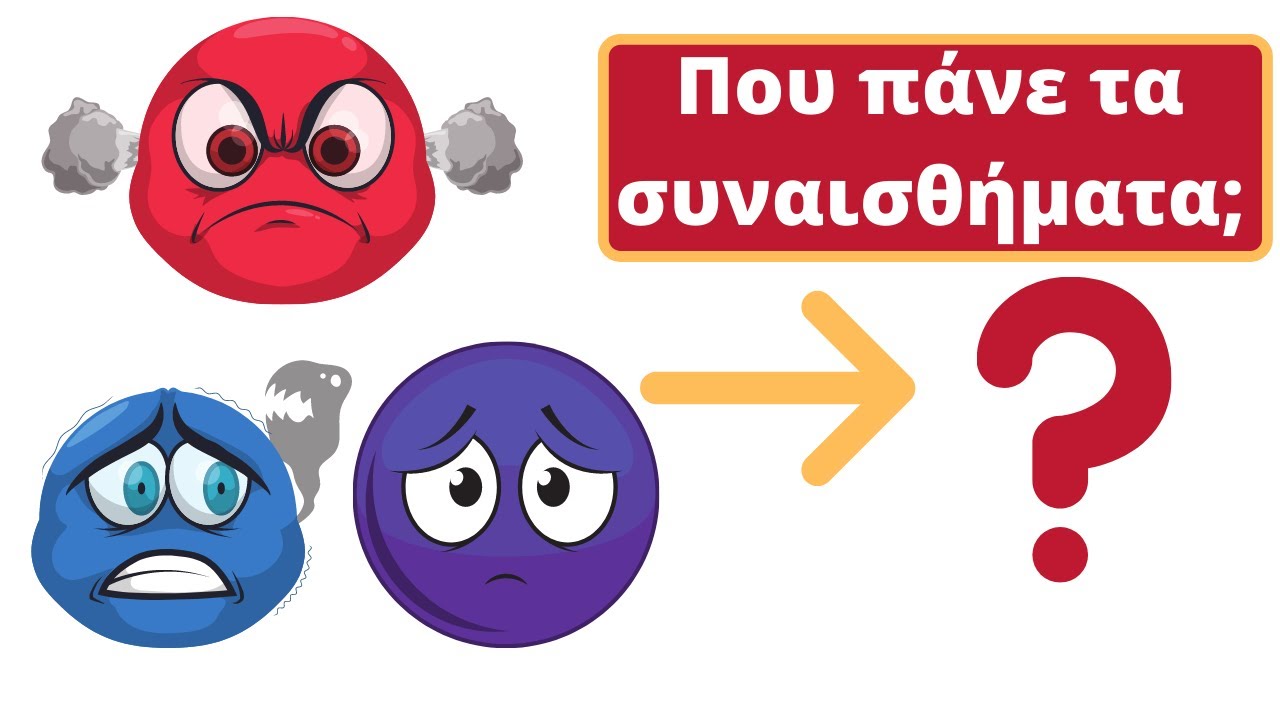
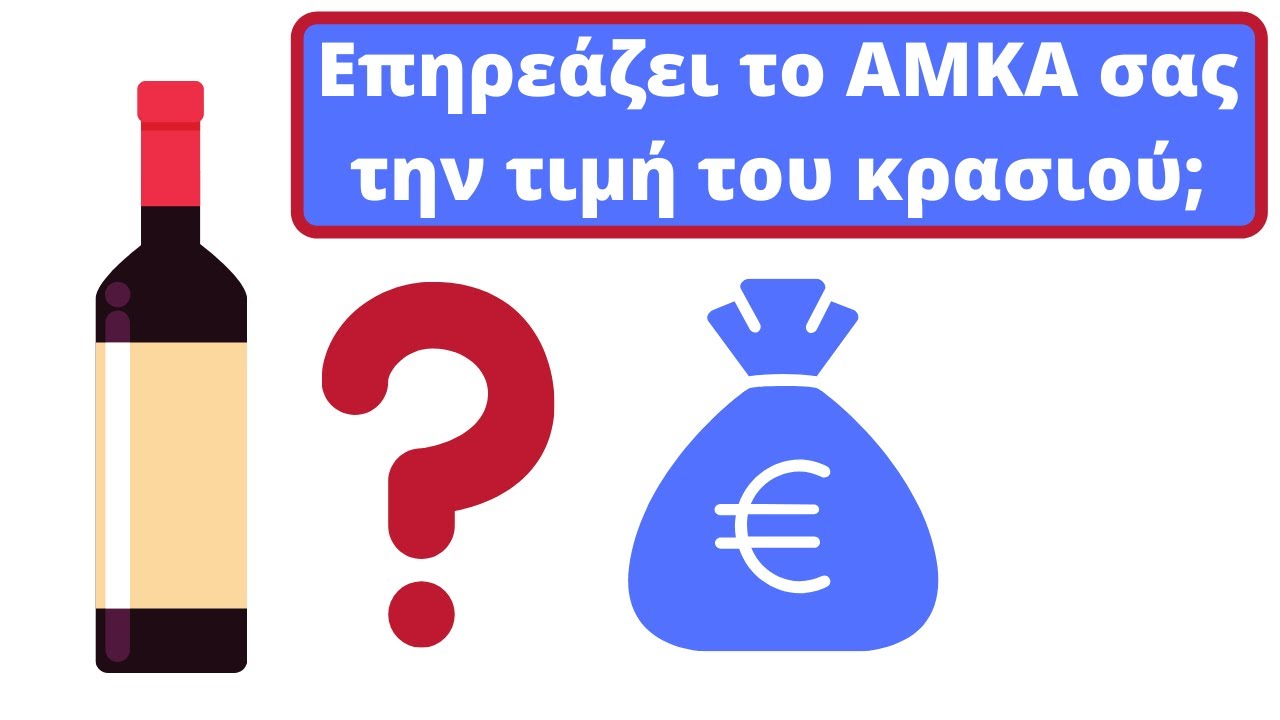
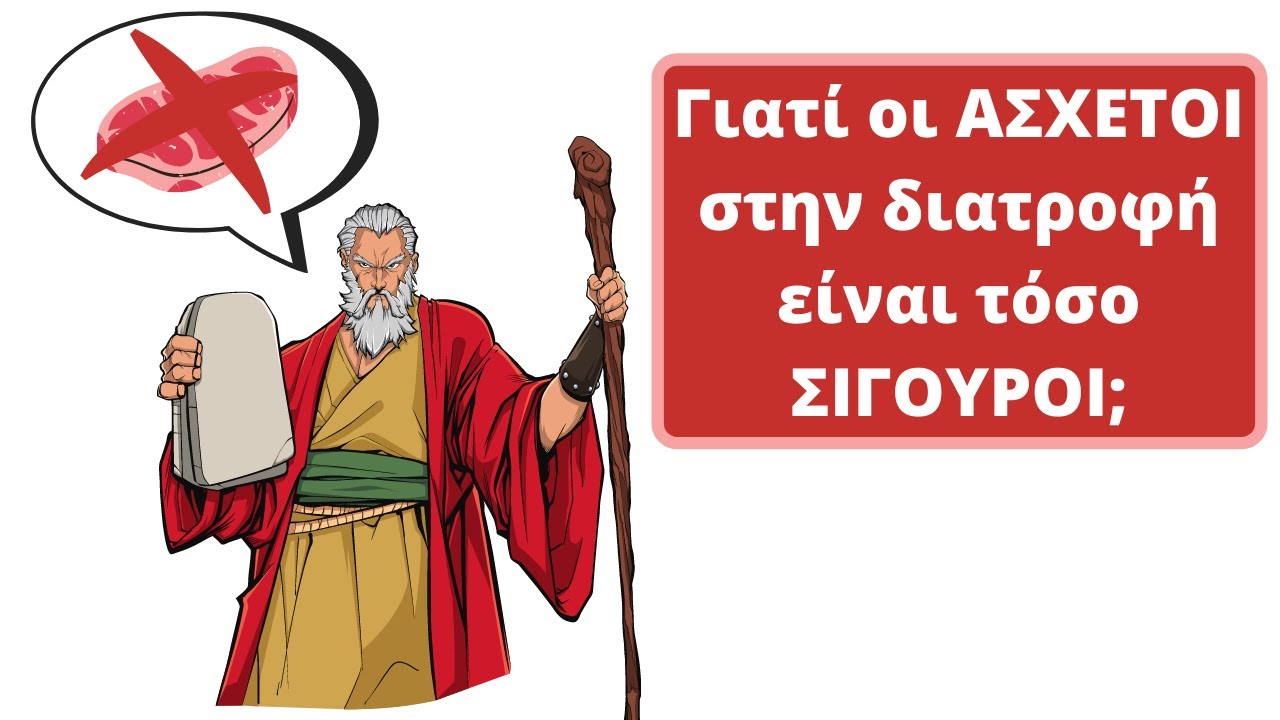

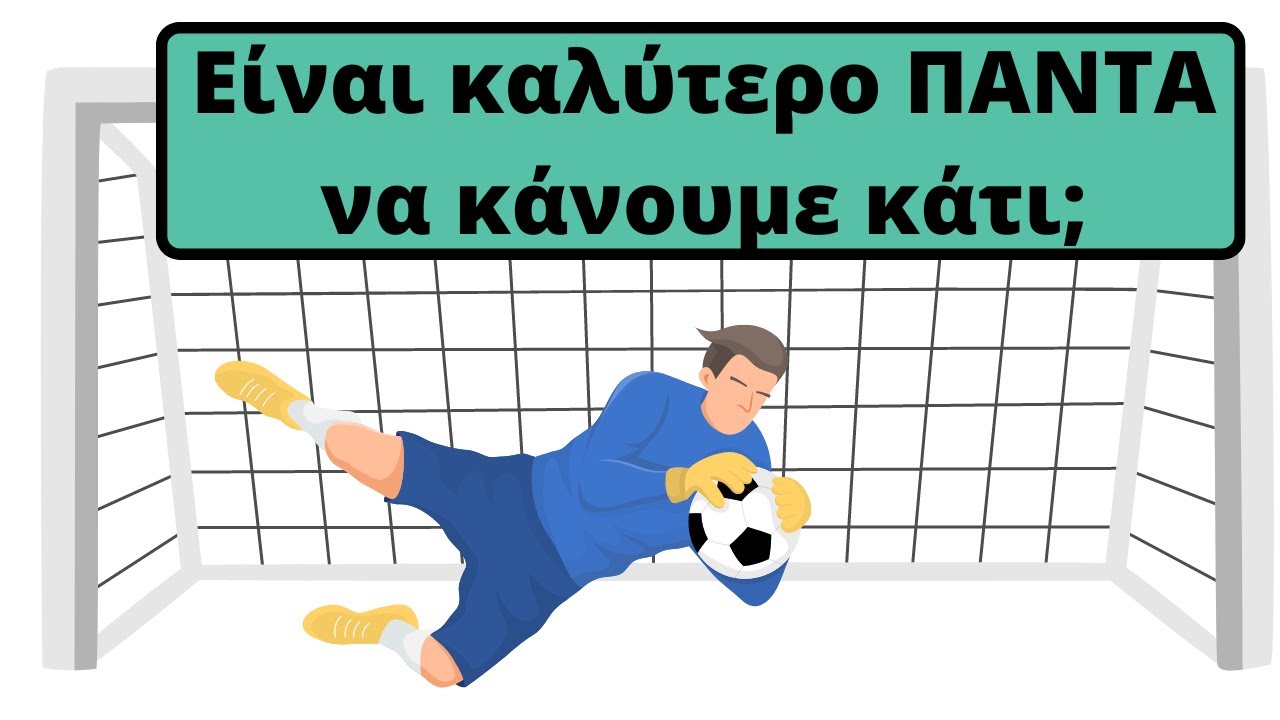


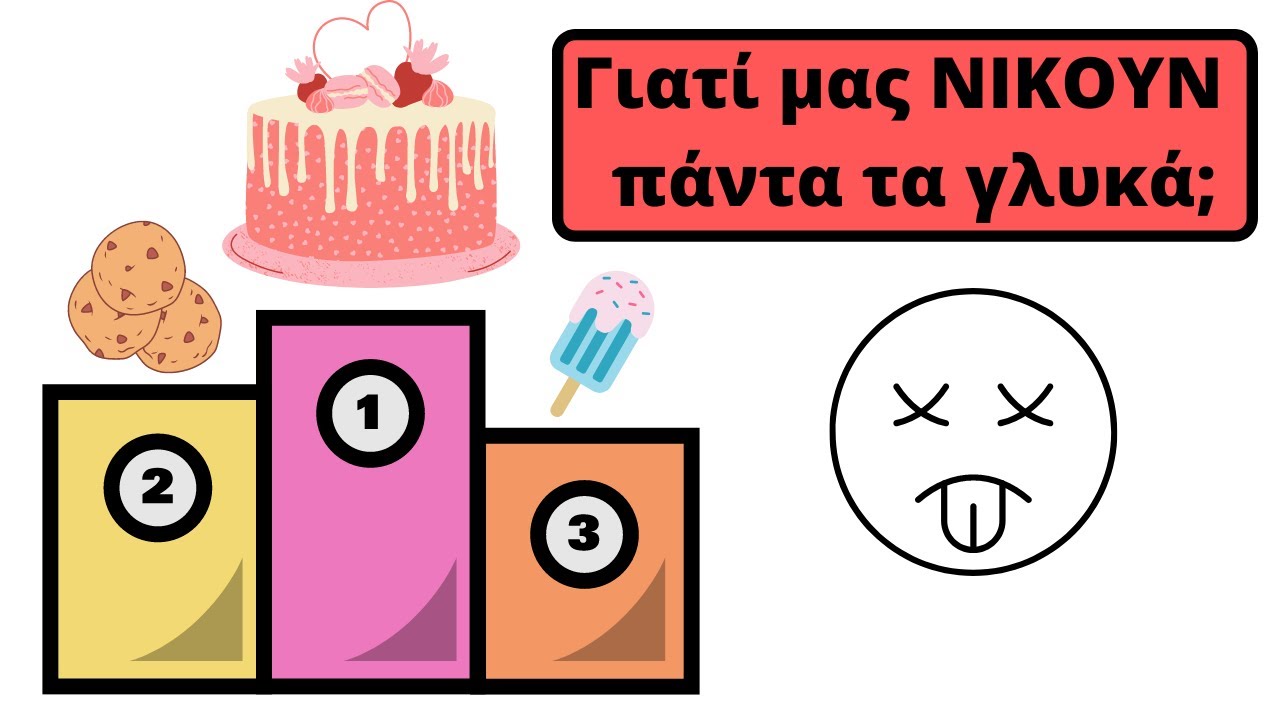
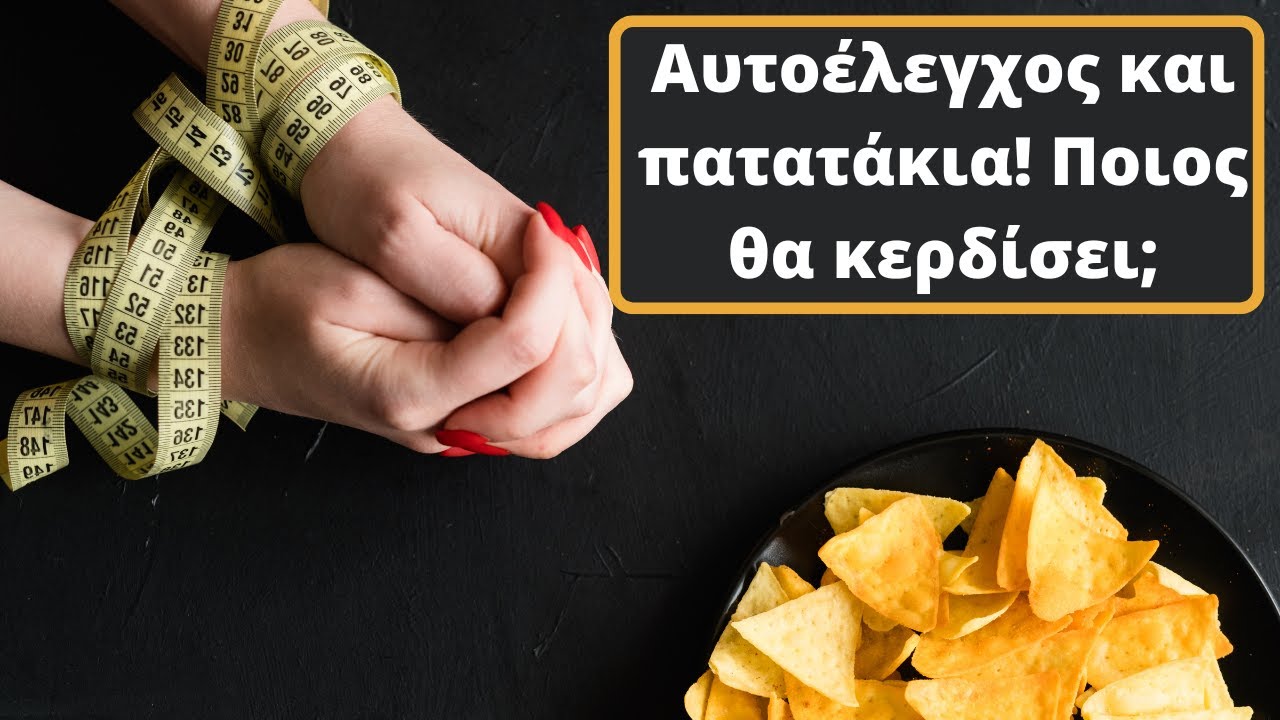




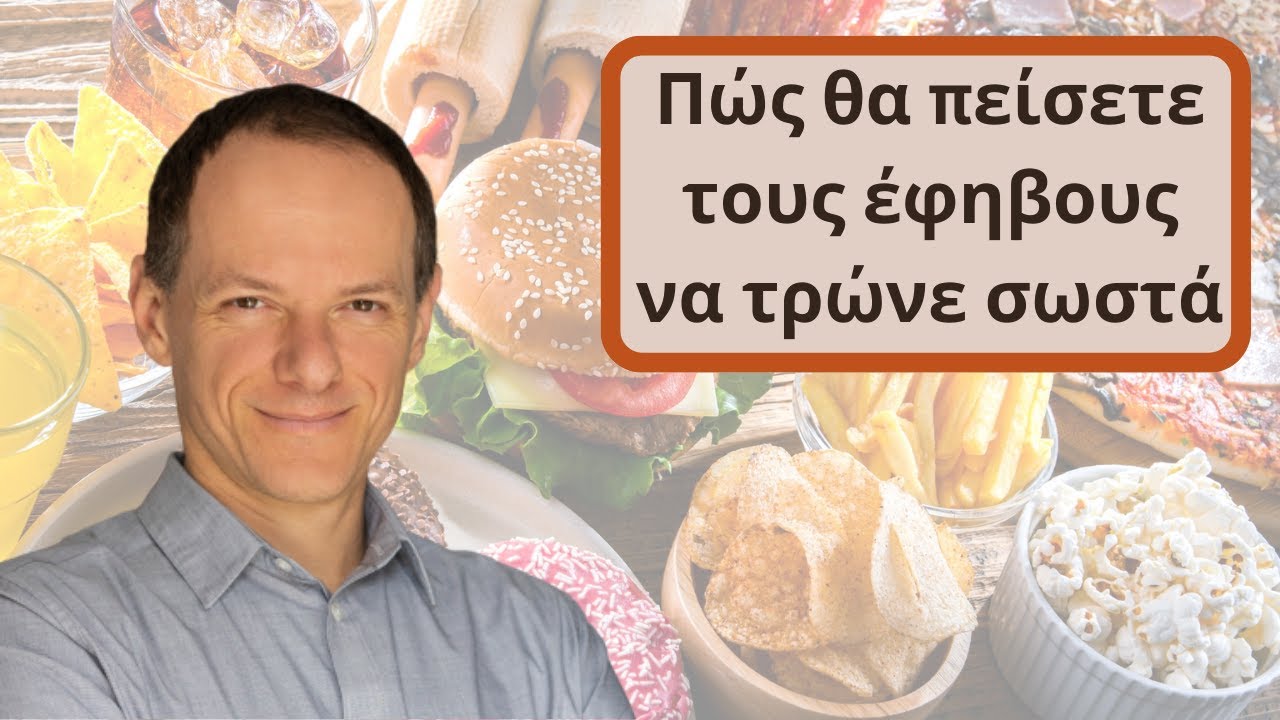

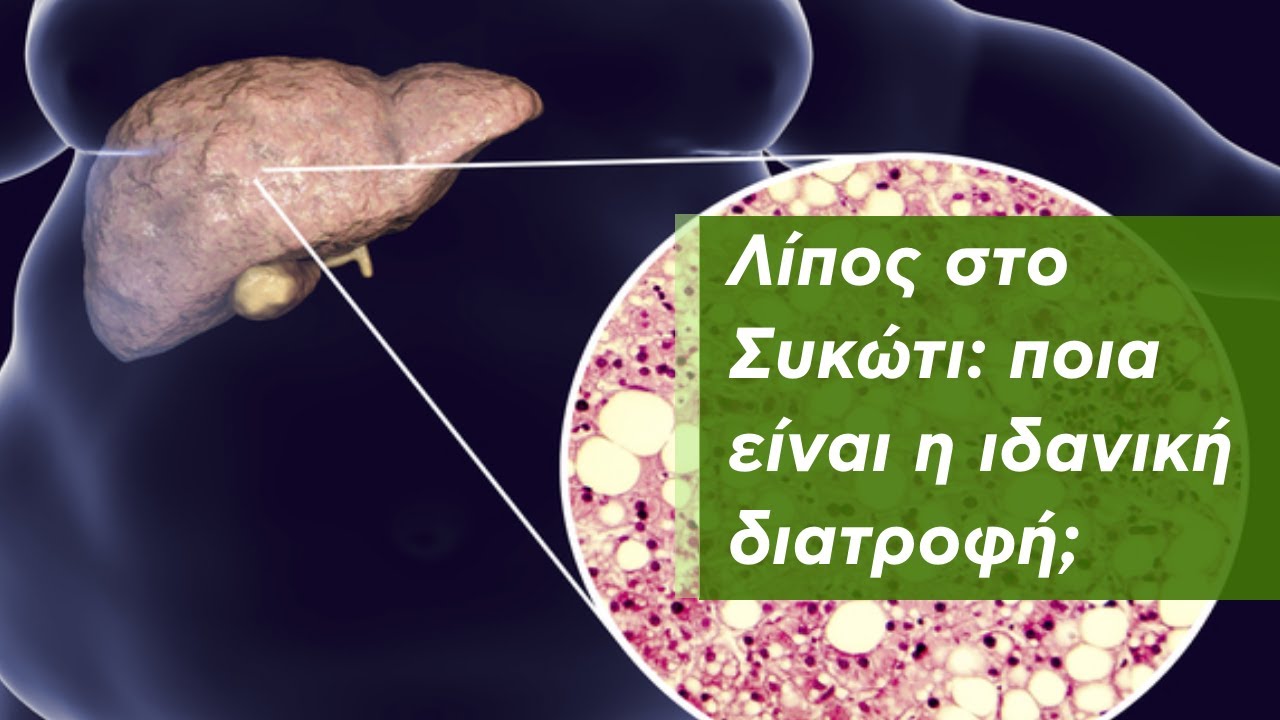
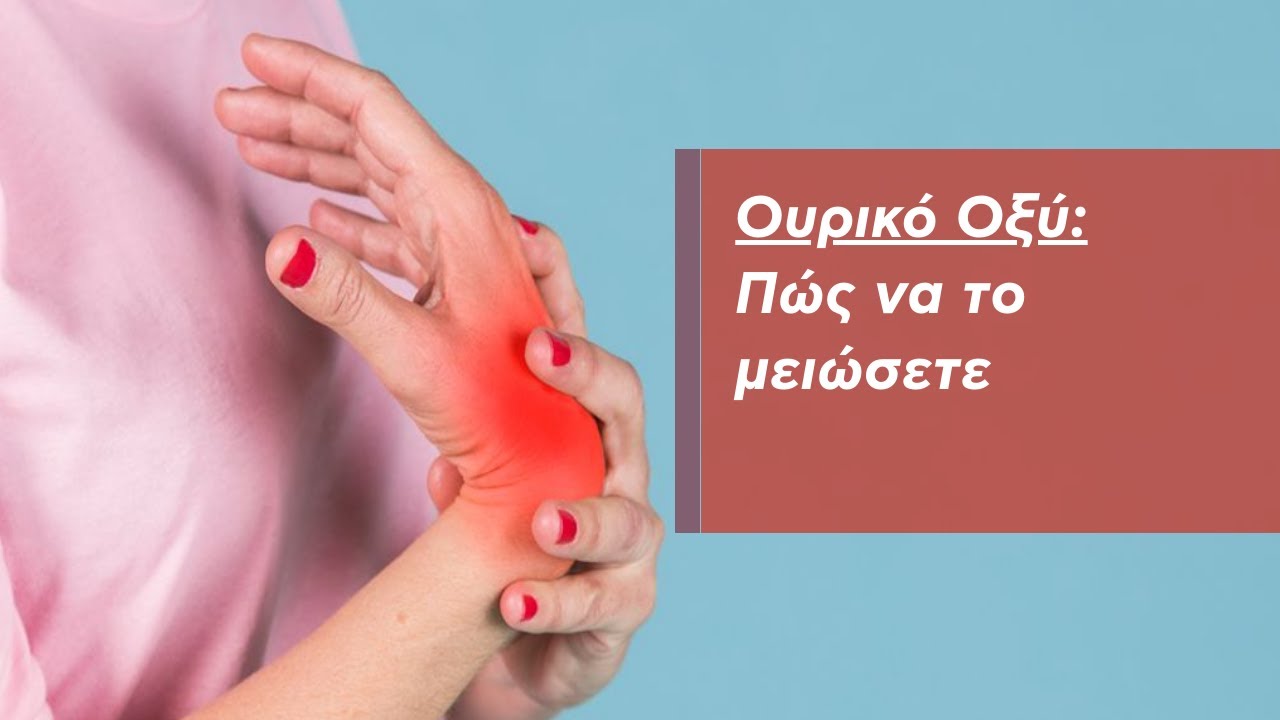
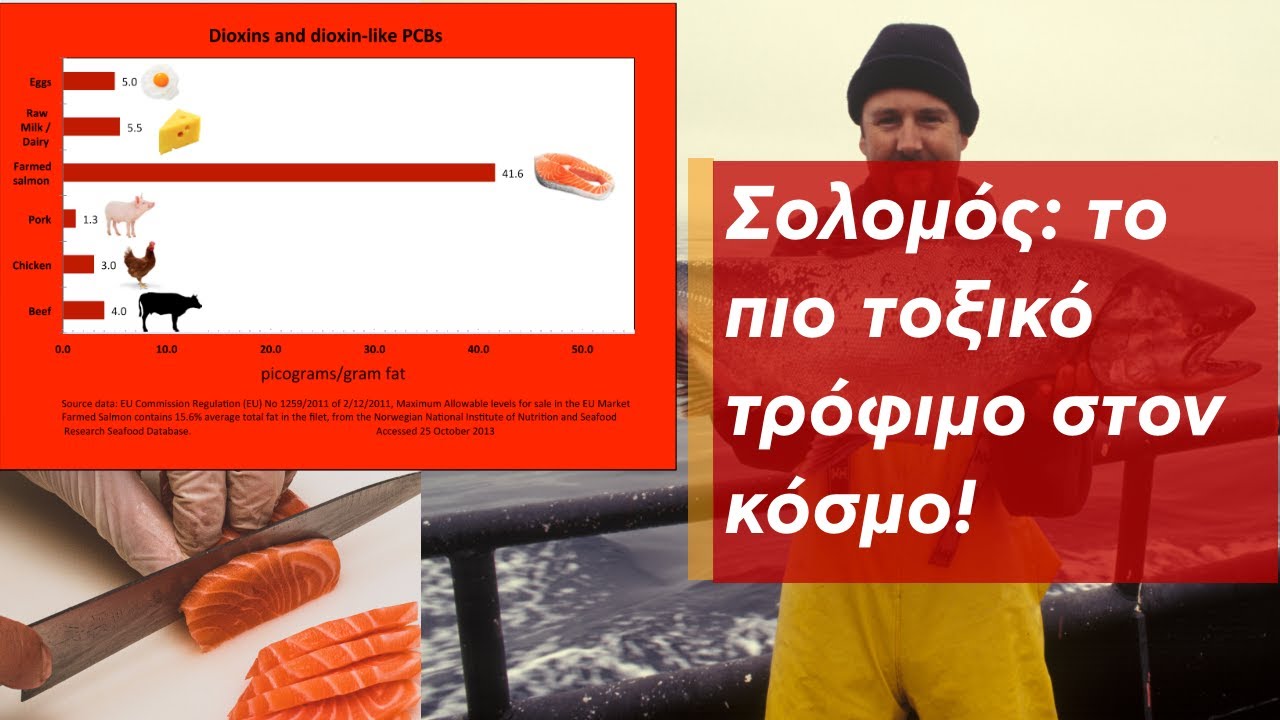


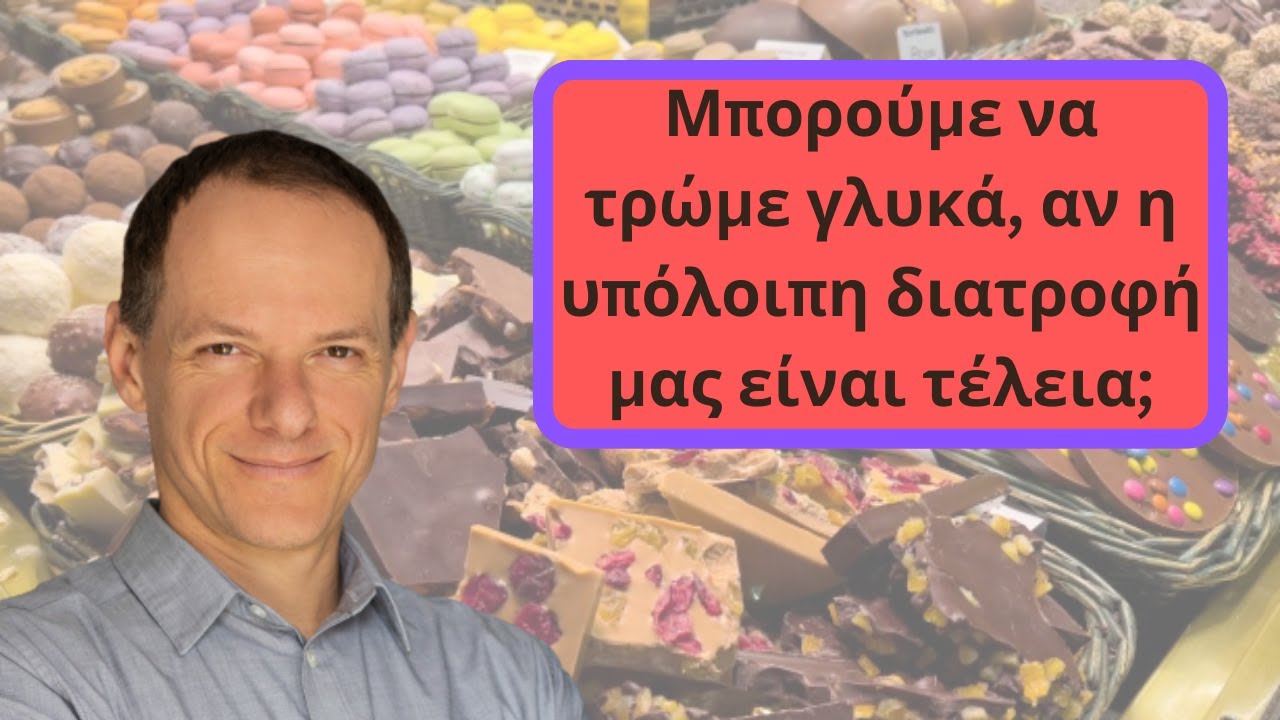
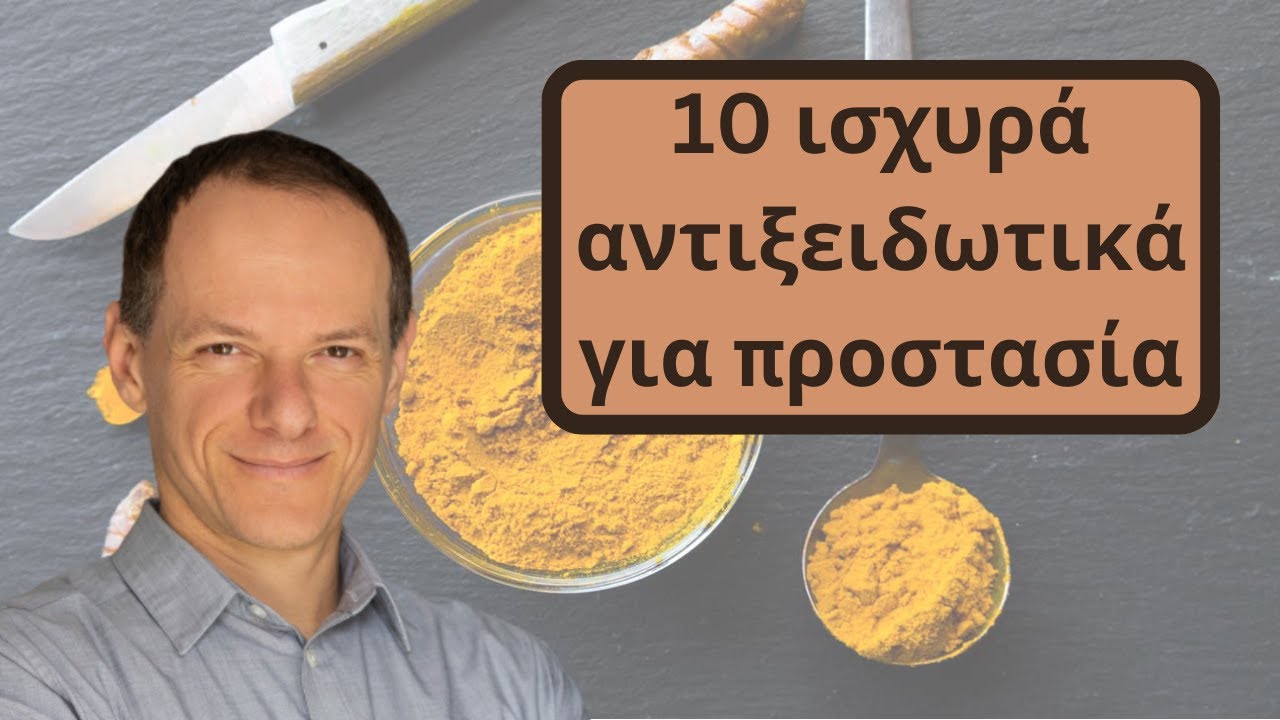
0 Σχόλια